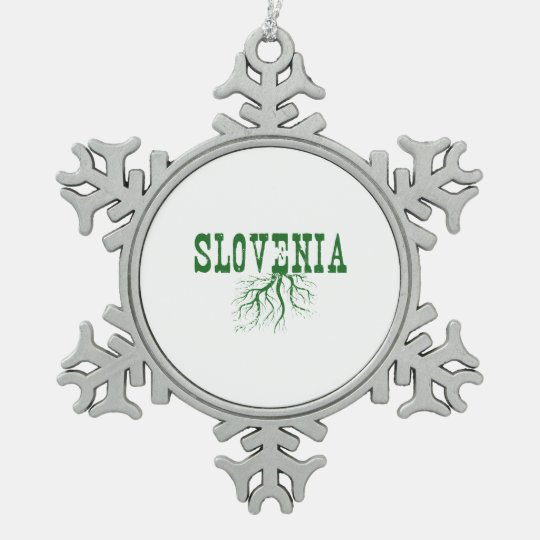
Internal colonialism refers to the relations of exploitation and domination between ethnically/culturally heterogeneous groups within a sovereign territory. Das, in International Encyclopedia of Human Geography (Second Edition), 2020 Abstract

Chief among them were (a) the initial penetration and restructuring of colonial markets, territories, and cultures by concessionary companies and Christian missionary work (b) “accumulation by dispossession,” or colonial enrichment through legalized territorial domination, natural resource extraction, forced labor, and tax administration (later to be replaced by colonial debt burdens and subsequent economic restructuring) and (c) racialized, patriarchal, and heteronormative logics and shared white supremacy that afforded ideological foundations for European colonialism. He argues that the preeminence given to these epochal structures works to essentialize African societies, reduce appreciation for people's agency, and misrepresent the dynamism of culture.Ĭolonial domination, law, appropriation, and containment were distinct and dynamic over time in each respective colonial territory, but European colonialisms shared various broad tendencies. The Nigerian political philosopher Olúfẹ́mi Táíwò writes of the limitations of the dominant historical imposition of precolonial, colonial, and post-colonial upon African societies as explanatory categories. The “precolonial,” for example, was never absolute nor static and some scholars have argued these are inappropriate frames for understanding the rich range of human history. As such, these epochal terms are problematic. Interdisciplinary scholars working within colonial studies demonstrate the disunities, ambiguities, and incoherence of European colonialisms, including how they were practiced and experienced distinctly according to historical context, local geographies, colonial policy, precolonial sociopolitics, and more. Frictions and power struggles between European powers as well as colonial subjects for the control over territory, markets, labor, and ideology shaped the patterns of European colonialism. These colonialisms are extensive, porous, and dissimilar imagined and material (re)orderings of the world. Heterogeneous material practices and imaginaries emerge(d) from and within European colonial systems.


As with any large-scale, multidimensional, and socially holistic phenomenon, there is incomplete transferability of the characteristics of one form of European colonialism upon another. At various points in modern history, European powers colonized, in some form, most of Africa, the Americas, Asia, Europe, Oceania, the Middle East and the Arctic (excluding Antarctica). These European countries included Belgium, Britain, Denmark, France, Germany, Italy, Norway, Portugal, Russia, Scotland, Spain, Sweden, and the Netherlands. European colonialism refers to the various formulas of territorial domination effected by European powers upon non-European people (indeed, upon much of the world), from the late 1400s to the mid- to late 1900s. Amber Murrey, in International Encyclopedia of Human Geography (Second Edition), 2020 European Colonialism(s)Ĭolonialism refers to the combination of territorial, juridical, cultural, linguistic, political, mental/epistemic, and/or economic domination of one group of people or groups of people by another (external) group of people.


 0 kommentar(er)
0 kommentar(er)
